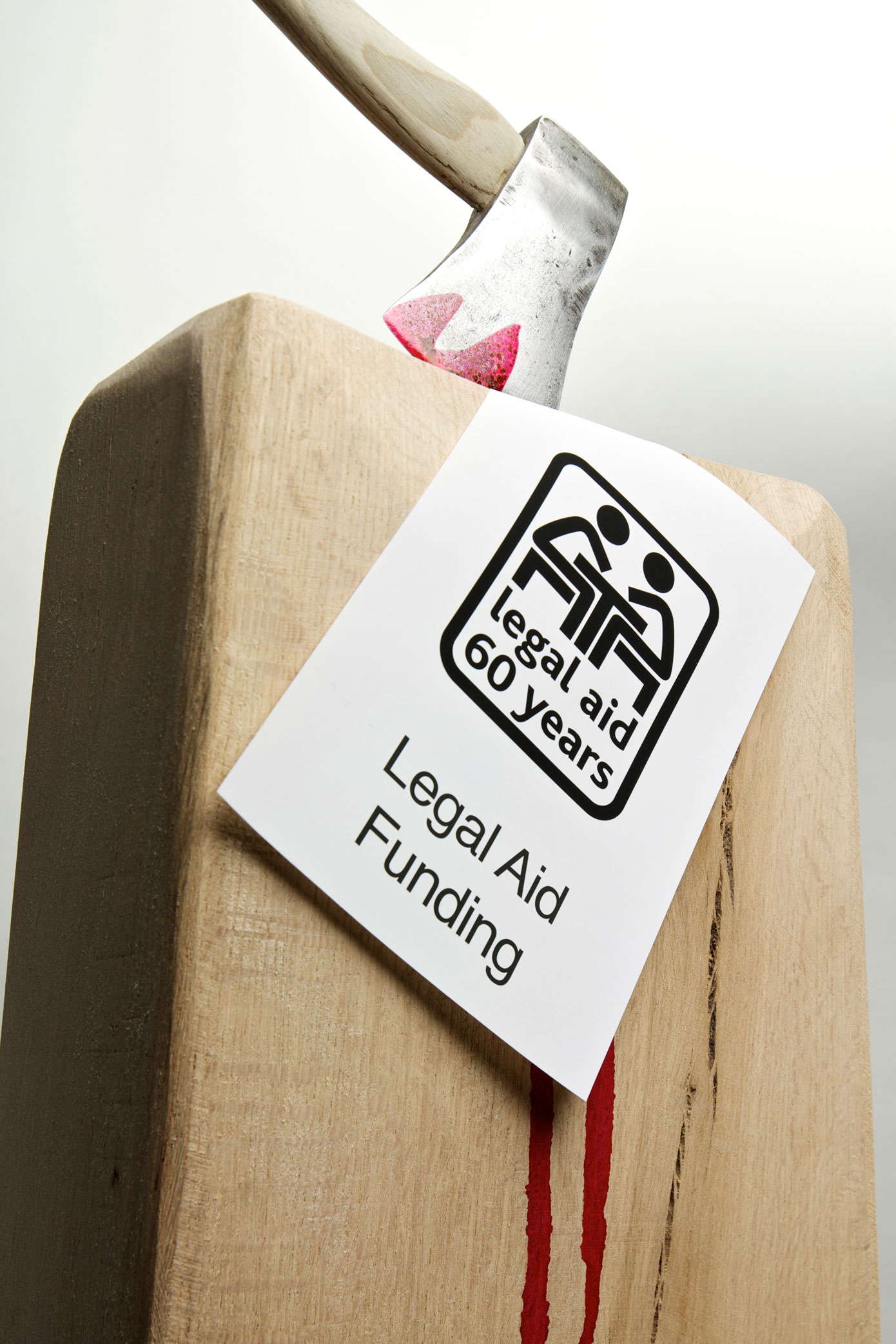
Changes to criminal legal aid payments “could tip scales in favour of prosecution”
CILEX has warned the government over the risks underlying planned changes to the way criminal legal aid lawyers are paid for work done before suspects are charged.

The Ministry of Justice said in a consultation that early and meaningful engagement between the prosecution and defence before deciding whether to charge a suspect was “crucial” to improving the evidence disclosure process and to aid swift case progression.
The new plans would ensure that lawyers were, for the first time, paid specifically for such pre-charge work.
Responding to the consultation, CILEX welcomed the rationale behind the proposals but cautioned that they “inadvertently risk giving greater power and influence to the prosecution, as prosecuting authorities would be required to make judgement calls on whether pre-charge engagement was needed”.
In doing so, the proposals “risk incentivising prosecutors to extract more information than would typically be given, placing defendants in an increasingly vulnerable position”.
Being offered the possibility that they may not even be charged could further encourage suspects to give up more information that normally they would be advised not to.
CILEX argued that the proposals “must ensure suspects are able to opt out of pre-charge engagement where it is not suitable, without it compromising their position at a later stage, should criminal proceedings against them continue”.
CILEX also called for further clarity on how the Ministry of Justice foresaw the proposals operating in practice, including which work would attract payment, the criteria to extend payments, and how practitioners could claim payments when only partial pre-charge engagement takes place.
Its response said: “Should a proper cost-benefit of the proposals be conducted, it is likely that the profession would remain unconvinced that the proposed approach would achieve the aim of remunerating legal aid practitioners fairly.”
Instead, CILEX called on the government to consider alternative options that “take account of the cash flow problems currently experienced by firms dealing with a rising number of cases and huge court backlogs”.